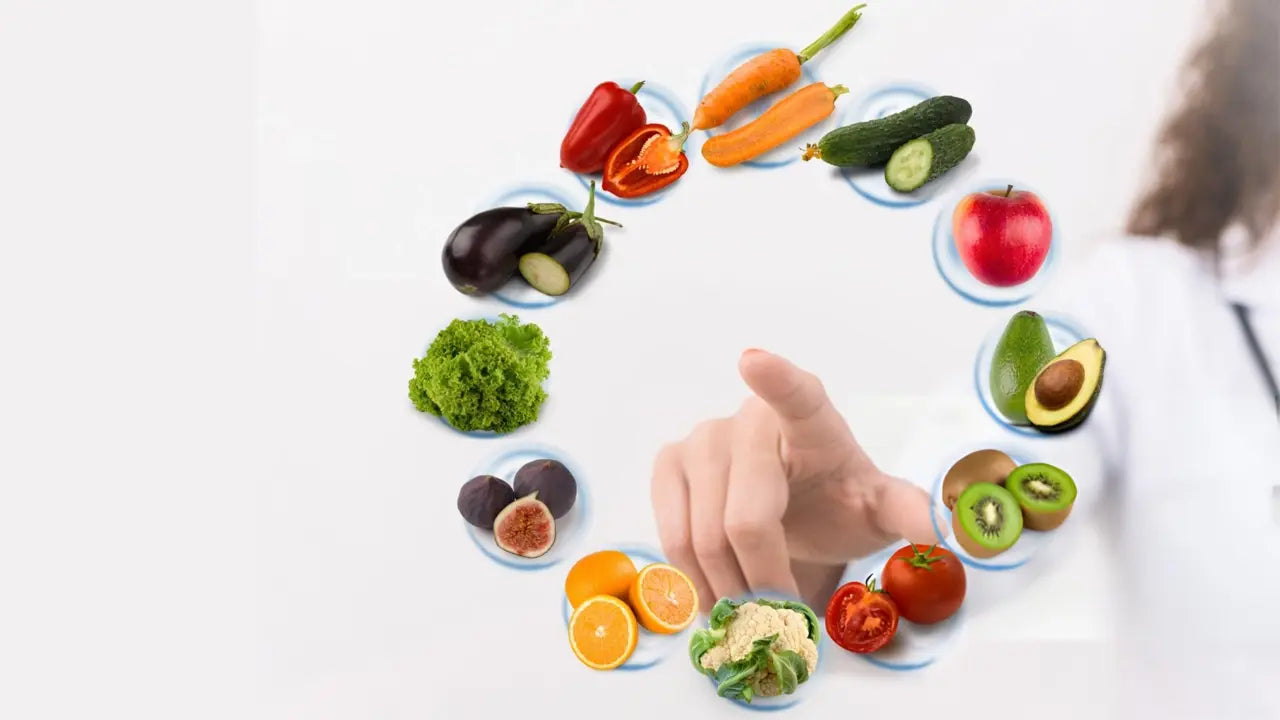Everyday nutrition has a significant impact on many aspects of our health, but perhaps nowhere is this more evident than in relation to chronic diseases. One such illness, Chronic Kidney Disease (CKD), requires particular dietary considerations. A strategic approach to food and fluid intake can manage symptoms, slow disease progression, and even improve kidney function. Phosphorus, protein, and fluid are essential elements to regulate for those with CKD. In this post, we will be taking a deeper look at “Nutrition for Chronic Kidney Disease (CKD) Patients.” We will explore these critical nutrition elements for CKD and provide practical dietary recommendations for better kidney health. Our goal is to equip you with the knowledge to make informed dietary decisions for managing your CKD.
Understanding Chronic Kidney Disease
Chronic Kidney Disease, commonly known as CKD, is a chronic health condition where the kidneys fail to filter waste and excess fluids from the blood effectively. Over time, this leads to a build-up of waste products in the body, causing various health complications. Nutrition plays a crucial role in CKD management, where certain foods and fluids may prevent further kidney damage and promote better overall health.
Managing Nutrients and Minerals
Managing nutrient and mineral intake is vital for CKD patients. For instance, limiting the intake of phosphorus-rich foods can alleviate strain on the kidneys, reducing the likelihood of further complications.
The Role of Diet in CKD Management
A well-balanced diet can significantly aid in managing CKD. Such a nutritional approach should consider the complexities of CKD and involve controlling protein intake, maintaining adequate calorie intake, and monitoring the consumption of certain minerals like sodium and potassium.
Managing Calories and Protein
Determining optimal calorie and protein intake is vital for CKD patients. Too much protein can overload the kidneys, while insufficient caloric intake may lead to malnutrition and weakening of the body.
Choosing Food Wisely
Choosing the right food types and conscious meal planning can contribute to maintaining kidney health. A diet low in sodium, potassium, and phosphorus, accompanied by an adequate intake of high-quality proteins, can assist in managing CKD.
Selecting Kidney-Friendly Foods
Knowing how to select foods beneficial for kidney health can make a significant difference in managing CKD.
Other Lifestyle Consideration
Apart from diet, other lifestyle considerations like regular exercise, drinking plenty of fluids, and avoiding alcohol can also contribute to overall kidney health.
Exercise and Fluid Intake
Regular physical activity combined with proper fluid management plays an essential role in managing CKD.
Monitoring and Regular Check-ups
Regular health check-ups and monitoring key biomarkers help in early detection and correction of any anomalies, further aiding in CKD management.
Importance of Healthcare Visits
Regular visits to your healthcare provider are essential for monitoring the progression of CKD and validating the effectiveness of your renal diet.
The CKD Diet and Overall Health
A well-managed CKD diet not only slows down CKD progression but can also contribute to improvements in general health.
Quality of Life with a CKD Diet
An effective CKD diet should enhance the patient’s quality of life by managing disease symptoms and promoting overall physical wellbeing.
Conclusion
Reshaping one’s nutrition habits can indeed seem challenging initially, particularly for those managing conditions like CKD. However, understanding the role of “Nutrition for Chronic Kidney Disease (CKD) Patients” can offer valuable support, slowing disease progression, and fostering improved health. Take the first step towards a healthier future by integrating the nutrition strategies discussed in this post, and don’t hesitate to reach out to a healthcare professional for personalized guidance and support.
Frequently Asked Questions
What foods help repair kidneys?
Foods high in antioxidants and low in potassium are beneficial for kidney health. Examples include cauliflower, blueberries, sea bass, garlic, and buckwheat. Reducing sodium intake can also help manage kidney disease.
Is drinking water good for kidney disease?
Drinking water is generally good for kidney disease as it helps the kidneys clear sodium, urea, and toxins from the body. However, it’s important to follow any Fluid Intake Recommendations from a healthcare provider, as some patients may need to limit their fluid intake.
What proteins are best for kidney disease?
High-quality proteins are best for those with kidney disease, as they generate fewer waste products during digestion. Good sources include egg whites, fish, chicken, and plant-based proteins like quinoa and legumes.
How much phosphorus is allowed in a CKD diet?
Patients with chronic kidney disease (CKD) are often advised to limit phosphorus intake to about 800 to 1,000 milligrams per day. This can vary based on the stage of kidney disease and individual health needs, so it’s best to consult with a healthcare provider.
Do CKD patients need to restrict fluid intake?
Not all CKD patients need to restrict fluid intake. This is typically necessary only for those whose kidneys cannot eliminate excess fluid normally. The specific amount varies depending on the severity of the disease and individual circumstances. Always consult with a healthcare provider for personalized advice.
Remember, managing CKD is a multilayered process that goes beyond nutrition. Regular check-ups, medication adherence, and a healthy lifestyle are all critical facets of CKD management.










